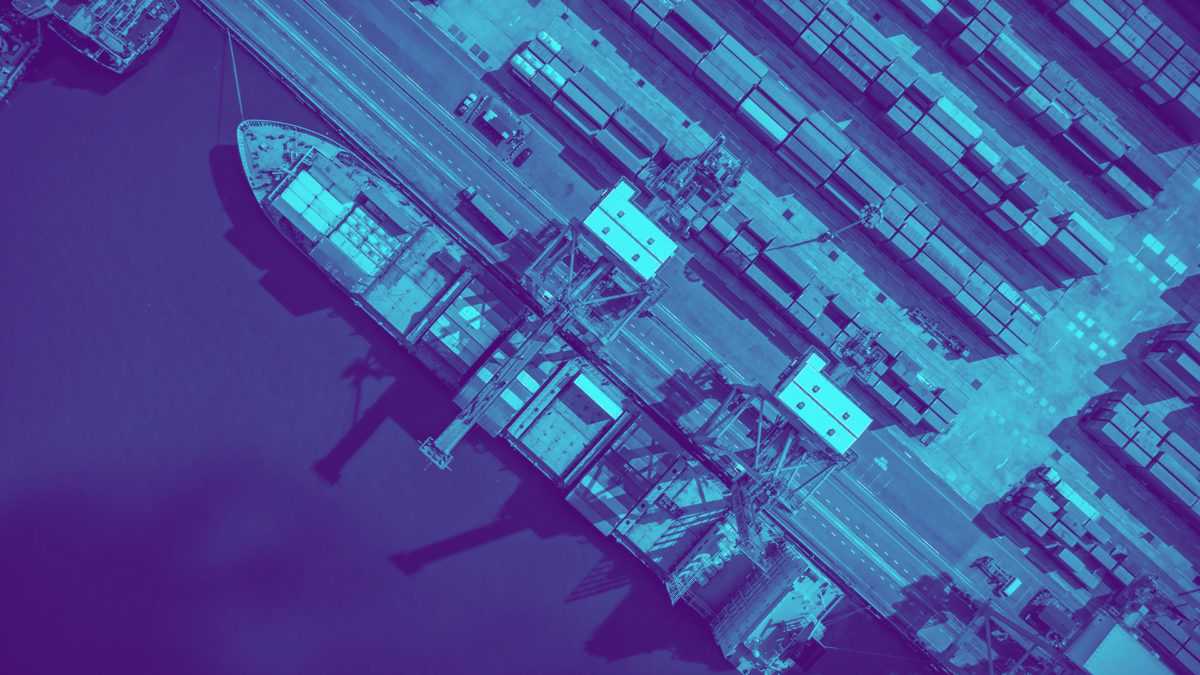A startup has onboarded 12,000 Honduran coffee bean farmers to track organic, fair trade certificates with blockchain

Quick Take
- A supply chain software company has implemented a blockchain-based coffee bean production system with over 12,000 farmers participating
- The system registers auditing reports of organic, fair-trade coffee bean farms on blockchain and issues farmers loans via smart contracts after audits

To produce fair trade, organic coffee, like those that millennials tend to enjoy, can be an onerous and costly task, but a blockchain software company has made this process easier for over 12,000 Honduran coffee bean farmers.
GrainChain, a Texas-based company that provides supply chain software for the agricultural industry, has on-boarded vendors, farmers, fair trade certificate auditors, coffee bean manufacturers, coffee exports, and other players along the coffee supply chain to its blockchain-based system.
Currently, fair trade and organic certification is difficult to obtain due to their wide-ranged requirements, from adopting organic farming practices to accommodating regular inspections, to providing equitable working conditions. GrainChain hopes that, with blockchain, farmers’ compliance activities to all of these requirements can be registered in a trustworthy way and reduce costs.
“Our platform provides guarantees and visibility through the entire process, which empowers growers and vendors while reducing risk to bankers and buyers,” said GrainChain CEO Luis Macias.
When farmers' compliance practices are audited, GrainChain’s system will also automatically reward them with small loans deposited into their digital wallets. These loans are provided by banks GrainChain partners with and many recipients are previously unbanked due to a lack of credit history, said Macias. Farmers can use these loans to purchase farming supplies from vendors. According to Macias, a portion of the credits in the digital wallets can also be redeemed for fiat currencies.
Meanwhile, sales of fair trade-certified goods are growing fast while the fair trade and organic certification models are facing public scrutiny. In 2017, global sales climbed 8% to €8.5 billion (US$9.74 billion), according to Fairtrade International's annual report. However, a growing number of people are concerned that the premiums paid by consumers are not going directly to farmers and the quality of Fair Trade products are uneven.
Some believe that blockchain-enabled supply chain technology may be the answer to this problem.
“Growing coffee is such a widespread process with so many variables that it has traditionally been impossible to get people on the same page, which lowers trust across the entire supply chain,” said agricultural business insurer Confianza SA-FGR general manager Francisco Fortin. “With GrainChain’s blockchain platform, we can assure that all parties are able to participate in the product with much greater visibility and minimize risk through every step.”
Correction: An earlier version of this story incorrectly stated the number of onboarded farmers as 120,000. In fact that number is 12,000.
© 2025 The Block. All Rights Reserved. This article is provided for informational purposes only. It is not offered or intended to be used as legal, tax, investment, financial, or other advice.







